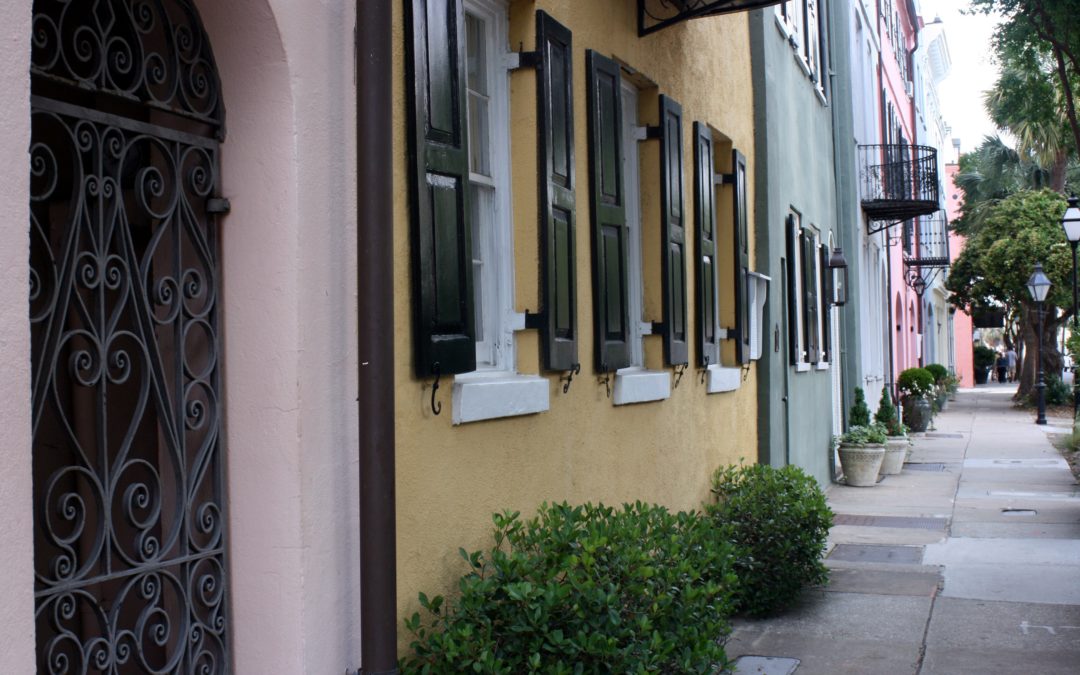Earlier this year, the Tennessee General Assembly passed the Short-Term Rental Unit Act, which affects how local municipalities may regulate short-term rentals such as those often arranged through the use of online platforms such as Airbnb and VRBO. The Act does not affect how private agreements, such as HOA or condominium restrictions, may regulate short-term rentals.
The most significant effect of the Act is the grandfather protection it affords certain short-term rental properties. In general, the Act provides that local municipal ordinances enacted on or after January 1, 2014, prohibiting or regulating short-term rental units shall not apply to properties that were being “used as . . . short-term rental unit[s]” prior to the enactment of such local ordinances. For a property to qualify as being “used as a short-term rental unit,” it must be held out to the public for use as a short-term rental unit and:
1. If the property was held out to the public for use as a short-term rental unit within a local municipality that required permit or application approval pursuant to an ordinance specifically governing short term-rental units, such permit or application approval was granted by the local municipality; OR
2. If the property was held out to the public for use as a short-term rental unit within a local municipality that did not require a permit or application approval pursuant to an ordinance specifically governing short term-rental units, the unit operator remitted state sales taxes due on the rental unit for periods that cover at least six (6) months within the twelve-month period immediately preceding the later of:
a. May 17, 2018; or
b. The effective date of a local municipal ordinance requiring permit or application approval pursuant to an ordinance specifically governing short-term rental units.
The Act defines “short-term rental unit” as “a residential dwelling that is rented wholly or partially for a fee for a period of less than thirty (30) continuous days and does not include a hotel as defined in § 68-14-302 or a bed and breakfast establishment or a bed and breakfast homestay as those terms are defined in § 68-14-502.” Accordingly, the practical meaning of the Act’s language regarding local ordinances “specifically governing short term-rental units” likely refers to local ordinances that specifically address the rental of residential dwellings for periods of less than thirty (30) days.
Based on the Act’s language, a municipal zoning ordinance that does not contain an explicit thirty (30) day rental period duration that clearly distinguishes traditional long-term rentals of residential dwellings from short-term rental units may not be adequate to prevent application of the Act’s grandfather protections to short-term rental units should the municipality later decide to prohibit or otherwise regulate short-term rental units. In any event, many courts around the country have held that zoning ordinances that do not contain such explicit rental duration period cut-offs cannot be applied to prohibit short-term rentals.
The duration of the Act’s grandfather protection to properties used as short-term rental units does not last forever. It only lasts until such properties are sold, transferred, ceased being used as short-term rental units for thirty (30) continuous months, or have been in violation of other applicable local laws three (3) or more separate times.
If you would like further information concerning this or any other matter, please contact Richard Graves at (865) 546-9321.
RELATED POSTS:

A Tennessee native and a true Volunteer at heart, Richard, who obtained both his undergraduate and law degrees from the University of Tennessee, couldn’t imagine living and working anywhere but Knoxville. Richard maintains a general civil practice with an emphasis on real estate law and zoning and land use.





